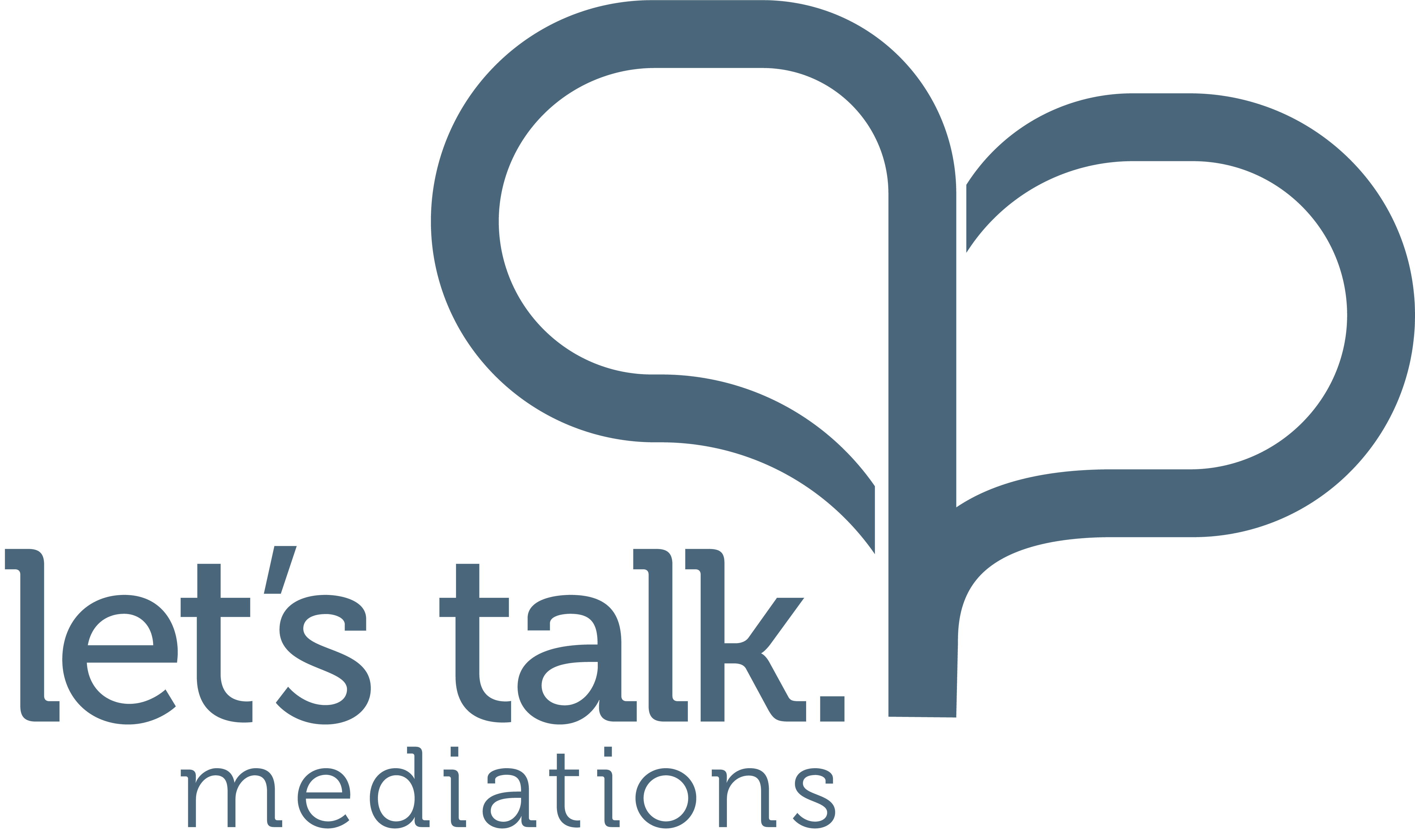This week, our team attended important training about Ethical Dilemmas in Family Law matters, and the vicarious trauma which can sometimes result from acting as a solicitor or mediator in these matters.
The team at The Family Law Co. are so grateful to haven taken part in this 6-part family violence training series delivered by Fiona Kirkman, Smokeball Australia & FamilyProperty, which has been cause for practice reflection, internal discussion, and learning within our offices.
Below, I summarise my 5 key takeaways from the final webinar of this series:
1. Mediation is NOT an honesty free zone. Lawyers’ obligations (including the obligation not to mislead or deceive) continue in mediation, despite confidentiality provisions attaching to mediation.
2. In addition to the confidentiality provisions attaching to Family Dispute Resolution at section 10H Family Law Act, section 131 of the Act provides (subject to exceptions) that evidence of any settlement discussions is not to be adduced in Court proceedings.
3. It is professional misconduct to for a lawyer to offer to settle a client’s family law dispute (or any other dispute) with another person on the condition that the other person withdraw a criminal complaint that person has made against the client, and which is pending in Court. See case: Legal Profession Board of TAS v W [2023] TASFC 1
4. Vicarious Traumatic Stress is the cumulative emotional impact of working with traumatised clients and traumatic material. In order to address the impacts of Vicarious Street Trauma, we first have to be able to identify it. The three key areas of mental health that can be impacted by Vicarious Traumatic Stress are:
- Our THOUGHTS: Working with traumatic material can change our view of ourselves and the world, causing Intrusive thoughts, reliving past memories, and nightmares.
- Our EMOTIONS: Working with traumatic material can cause us to experience irritability, annoyance, anger, rage, guilt, shame, anxiety, or dysphoria (i.e., general state of feeling flat, lower mood, more negative – finding it more difficult to experience positive emotions).
- Our BODILY DISCOMFORT:Working with traumatic material can impact our sleep, concentration, digestion, productivity, and decision making. It can cause muscle tension, teeth grinding, fatigue, alcohol or substance dependance, social withdrawal, and workaholism. Some ways we can address each of these features include:
- Regular physical activity
- Maintaining social connections
- Maintaining regular sleep – current recommendation is 9-10 hours per night for an adult, but a minimum of 6 hours SLEEP (i.e., not just being in bed and reading the news on your phone..)
- Setting boundaries – for example by have set start and finish times at work.
- Setting physical boundaries – for example, not taking work material home.
- Limiting alcohol consumption
- Seek out mentors or colleagues with whom you can talk about how you are feeling.
To speak to one of our Family Law Solicitors to find out if Mediation or Collaborative Practice is right for you and your situation, contact Let’s Talk Mediations on 0482 840 267.




